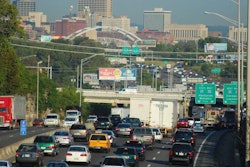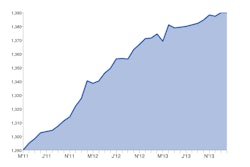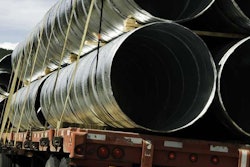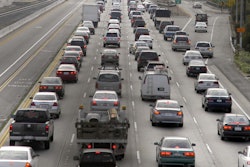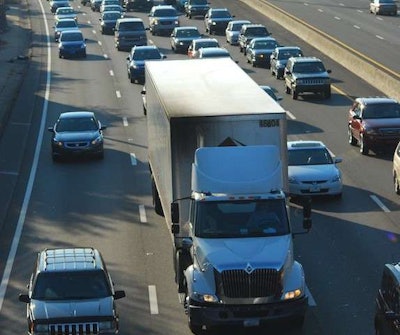 I-40 east of Nashville during the morning rush hour
I-40 east of Nashville during the morning rush hourFollowing two years of overall decline, the amount of traffic congestion in 2013 grew 6 percent from 2012 — outpacing the U.S. economy’s growth by about three times, according to traffic data firm Inrix.
Traffic congestion in recent years had eased some due to the 2008-2009 recession, but economic growth and an uptick in employment and hiring in 2013 pushed congestion upwards, Inrix notes, and the prospects in 2014 could be even worse — or better — as further economic expansion will continue to drive congestion, Inrix says.
Four out of the top 10 most congested cities in the country saw double digit growth in congestion, based on the number of hours the average commuter spends annually stuck in traffic, as Honolulu, San Francisco, San Jose (Calif.) and Boston all posted more than a 10 percent increase in traffic congestion, according to Inrix.
Los Angeles is the country’s most congested city and had an 8.5 percent increase in congestion from the previous year. Honolulu’s congestion increased 18 percent, and San Francisco’s increased 13 percent.
Rounding out the top five, Austin and New York had 9 percent and 5 percent growth in congestion, respectively. Boston, No. 9 on the list, had 22 percent growth in traffic congestion.

Washington, D.C., the No. 10 most congested city on the list, was the only city in the top 10 to have less congestion the in 2012, falling 1 percent.
In a report on Inrix’s traffic data, USA Today reports that mileage for trucks has outpaces growth of mileage for passenger cars, meaning more goods moving in the wake of the economic recovery.
Inrix President and CEO Bryan Mistele said to mitigate the increasing congestion expected this year and in coming years as the economy continues recovery, the U.S. and the world must look at using technology and data instead of simply relying on building roads.
“If we’re to avoid traffic congestion becoming a further drain on our economies, we must invest in intelligent transportation systems and connected car technologies now,” he said. “It’s too late to build our way out of congestion – we’ve learned there is no such thing as ‘shovel ready projects.’ Optimizing road networks through better technology and data analytics will be the only way to relieve congestion as the economy recovers in the near term.”

